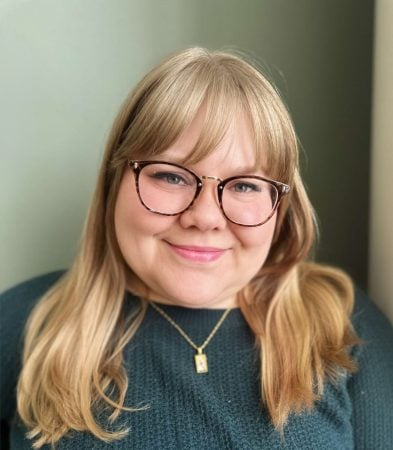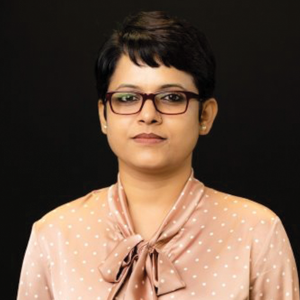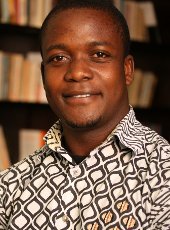Presented by the RTC Brown Bag Program
November 8th, 2024, noon–1:00 p.m.
Petersen Library, Walker 318
Timothy Keirnan, assistant teaching professor in the Humanities Department, and Applied Chemical and Morphological Analysis Laboratory (ACMAL) Director Liz Miller will present a case study of collaboration between Humanities and Material Science at the next Brown Bag Program presentation. ACMAL is a facility serving both Michigan Tech and external researchers that houses an extensive array of electron microanalytical and X-ray instruments. Services are available for user training, sample preparation, and sample analysis. The collaboration with ACMAL focuses on the piloting of a new software application, Facility Online Manager (FOM), to help facilities across Michigan Tech manage their equipment and lab spaces to better serve students, faculty, and staff.
In cooperation with Assistant Teaching Professor Jenni Nance and her HU3121 students, Keirnan wrote FOM user guides for both students and lab supervisors. Nance and her students will be on hand for the presentation to lend their perspectives on the combination of service work and student projects for Michigan Tech’s Scientific and Technical Communication program. Keirnan and Miller are currently collaborating on the navigation and UX (user experience design) writing of the new FOM website, which will be rolled out to the university in the near future. They’ll also discuss future collaborations to measure and enhance the ACMAL customer experience.










